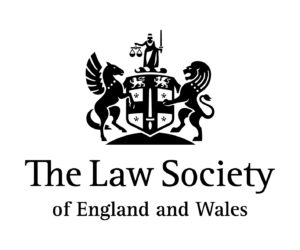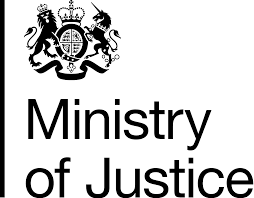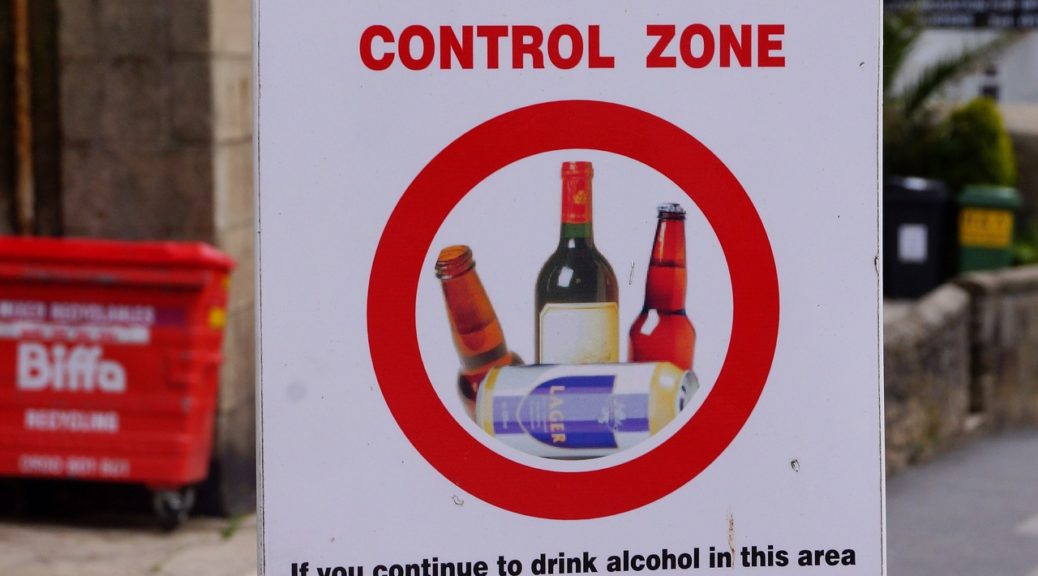Today it was announced that the Government had suffered another setback in its relentless attack on publicly funded legal representation. Since being forced to withdraw its controversial two-tier plan for criminal work it has been forced to re-instate certain prison law cases into the scope of legal aid and had to abandon a scheme to tender for Housing Duty Solicitor schemes on the basis of both quality and price.
The Government had reduced payments by an unsustainable 37% argued The Law Society, putting at risk the viability of firms providing advice and assistance under the legal aid scheme. This would have a knock on effect for potential clients around the country as local solicitors’ practices had to close.
It is hope that this latest decision will force the Ministry of Justice to the negotiating table to devise a scheme that sees economically viable rates of pay in the most serious and complex of cases.
Bindmans Press Release
Bindmans, the solicitors instructed by The Law Society in judicial review issued the following press release on 3 August 2018:
“Today, a Divisional Court comprising Lord Justice Leggatt And Mrs Justice Carr DBE upheld a judicial review challenge brought by the Law Society to a decision made by the Lord Chancellor to introduce a 40% cut to the maximum number of pages of prosecution evidence (‘PPE’) that count for payment of criminal defence solicitors. The regulations introducing the cut will be quashed (para 143 of the judgment).
In practical terms, the cut has meant a huge amount of work on the most complex Crown Court cases has been unremunerated since December. Payments to criminal defence solicitors have been up to 37% lower, but the Legal Aid Agency has expected precisely the same amount of work to be done as before. This was the first occasion in which a cut of this kind had been made to Criminal Legal Aid.
The Divisional Court’s judgment is highly critical of the way the cut decision was made. Discussions with the Law Society on reform of the LGFS had been in train (para 23), but were “terminated” shortly before Ministry of Justice officials announced proposals to make the cut were announced in 2017. However, consultees were not told about or shown the analysis of costs trends officials had prepared for the Lord Chancellor to answer the “crucial question” of whether a cost judge’s decision had caused a substantial increase in LGFS costs and undermined the policy intention of the scheme (para 93). The Court observes (para 86) “no reason – let alone a good reason – has been given for not disclosing during the consultation process the LAA analysis and its results…”, concluding (para 97): “the failure to disclose this information was a fundamental flaw in the consultation process which made it so unfair as to be unlawful.”
An impact assessment accompanying the consultation paper had compounded the unfairness by giving a“misleading” impression of the basis for the decision (para 94):
“It should also go without saying that consultees are entitled to expect that consultation documents will not be positively misleading. When a draft Impact Assessment is published which purports to set out the “evidence base” for the proposal, including an analysis of costs and benefits and a statement of key assumptions and risks, the reader would understand that any analysis relied on to estimate the increase in expenditure which it was the policy objective to reverse was described in the Impact Assessment. The fact that the responsible Minister has certified that the Impact Assessment “represents a fair and reasonable view of the expected costs, benefits and impact of the policy” would further reinforce that understanding.”
As to the Lord Chancellor’s arguments that consultees ought to have deduced there was an analysis and sought it, the Court comments (para 93):
“It is difficult to express in language of appropriate moderation why we consider these arguments without merit. The first point, which should not need to be made but evidently does, is that consultees are entitled to expect that a government ministry undertaking a consultation exercise will conduct it in a way which is open and transparent.”
The analysis was disclosed for the first time during the course of the litigation and then analysed by the Law Society’s expert witness, Professor Abigail Adams, who identified fundamental errors. The Court went on to hold that these errors meant it had been irrational for the Lord Chancellor to rely on it, It was (para 122):
“we see no escape from the conclusion that the LAA analysis was vitiated by methodological flaws and that no reasonable decision-maker could reasonably have treated the figure of £33m [of increased cost] produced by that analysis as an estimate of increased expenditure attributable to the Napper decision on which reliance could reasonably be placed.”
The Law Society was represented by John Halford, Farhana Patel, Theo Middleton and Patrick Ormerod of Bindmans LLP and barristers Dinah Rose QC and Jason Pobjoy of Blackstone Chambers.
John Halford said today:
“Legal Aid was established, and should function as, a basic, non-negotiable safeguard of fair process and individual liberty in criminal cases. But rather than cherishing this vital part of the British legal system, successive ministers have undermined it with over a decade of cuts based on carelessly made decisions like this one. Had the Law Society not stepped up to defend criminal defence solicitors, the fundamental flaws in the analysis on which this decision was based would never have come to light and their irrationality would have escaped proper scrutiny.””
The full judgement of the case can be found here:
Judgement in The Law Society v The Lord Chancellor
Contact one of our criminal law specialists
We provide advice and representation under the legal aid scheme for cases heard before the Crown Court. Some information about this legal aid scheme can be found here.
You can find your nearest office here.









